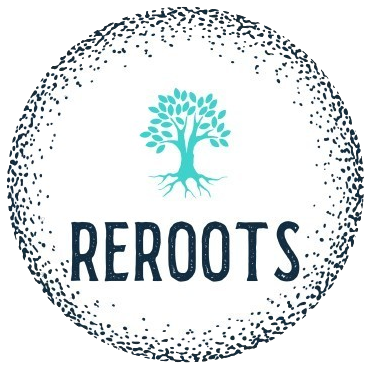The Business Case for Sustainability in the 2020s: ESG & Consumer Trends
Written By Sydney Shen
Introduction
Sustainability is no longer just a public relations tactic or a niche social cause—it is a core strategic advantage for small and medium-sized businesses (SMBs). Once viewed as optional, environmental responsibility is now directly linked to revenue, growth, and long-term business resilience. Today’s rapidly changing market favors companies that demonstrate a genuine commitment to sustainability, making it a critical business strategy for SMBs that want to thrive.
This shift is centered around Environmental, Social, and Governance (ESG) criteria. ESG expectations, once reserved for large corporations, are now being applied to smaller businesses that want to stay competitive, win contracts, and build consumer trust.
The Significance of ESG
ESG provides a framework of non-financial standards that investors and partners use to assess a business’s impact and ethics across three key areas:
- Environmental: Energy use, waste management, carbon emissions, and water conservation.
- Social: Labor practices, community impact, and the welfare of customers and employees.
- Governance: Transparency in reporting, leadership accountability, and ethical conduct.
According to a 2023 Deloitte report, 86% of business leaders agree that their organizations will need to fundamentally change how they operate to become more sustainable. As SMBs implement these changes, they become more attractive partners and vendors in an increasingly eco-conscious supply chain.
Consumers Vote with Their Wallets
The call for sustainability isn't just happening in boardrooms; it's happening in checkout lines and online shopping carts. Despite inflation, consumers are willing to pay an average 9.7% premium for sustainable products (PwC, 2024). Younger generations, in particular, prefer to support companies that show an authentic commitment to climate action, ethical labor, and inclusive values. To maintain relevance and capture this growing market segment, small businesses must adapt.
ESG is Becoming Non-Negotiable
Beyond consumer pressure, governments are raising the bar. In California, landmark laws like SB 253 and SB 261 now require large corporations to disclose their carbon emissions and climate-related financial risks. This top-down pressure flows through the entire supply chain, compelling large companies to demand sustainability data and practices from their smaller partners. To survive and thrive, SMBs must align with these standards. Furthermore, federal grant programs are available to provide funding for businesses that demonstrate a clear commitment to positive environmental outcomes.
Your Strategic Plan: The Benefits of Action
Adopting sustainable practices is a strategic plan with clear benefits:
- Improved Efficiency: Lower operational costs through reduced energy use and less waste.
- Better Brand Loyalty: Build a strong online reputation and attract loyal, value-driven customers.
- Access to New Markets: Unlock opportunities for funding, grants, and strategic partnerships with larger corporations.
- Future-Proof Resilience: Proactively adapt to a business world increasingly shaped by climate regulations and shifting consumer expectations.
ESG Is the New Competitive Currency
For a small business to stay relevant, trusted, and resilient, embracing ESG principles is the clearest path forward. It is the modern equivalent of Darwin's principle of evolution: the businesses that succeed will be those that best adapt to the changing climate, economy, and customer expectations. By aligning with these principles, companies can position themselves not only to survive, but to lead.
References
Deloitte. (2023). Commercializing sustainable supply chains: From ambition to action. Retrieved from https://www.deloitte.com/dk/en/services/consulting/research/commercializing-sustainable-supply-chains-report.html
California Air Resources Board. (2023). Senate Bill 253 (Wiener, Scott) Climate Corporate Data Accountability Act – Chaptered. Retrieved from https://ww2.arb.ca.gov/2023-senate-bill-253-wiener-scott-climate-corporate-data-accountability-act-chaptered
PwC. (2024, April 2). PwC 2024 Voice of the Consumer Survey. PwC Global. Retrieved from https://www.pwc.com/gx/en/news-room/press-releases/2024/pwc-2024-voice-of-consumer-survey.html
U.S. Department of Energy. (n.d.). Funding & financing. Retrieved from https://www.energy.gov/funding-financing
